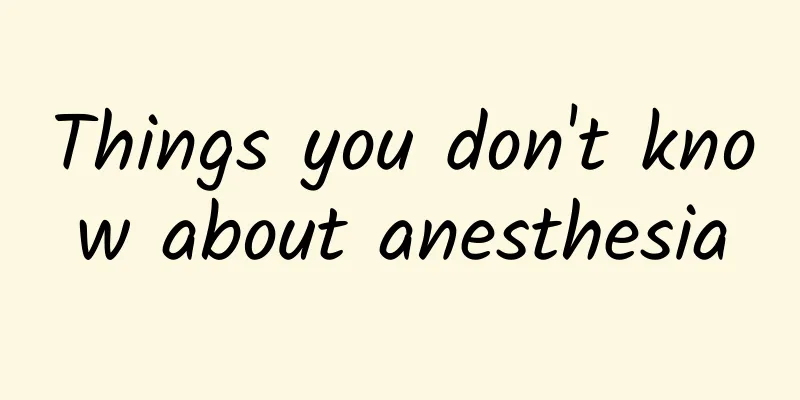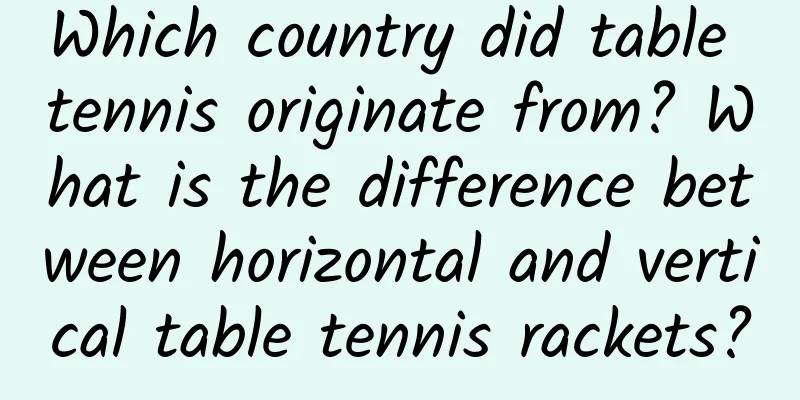Why do opera actors wear makeup? The evolution of opera

|
Drama is a general term for stage performance art that uses language, action, dance, music, puppets, etc. to achieve narrative purposes. The concept of drama in literature refers to the script created for theatrical performances, that is, the play. There are many different forms of drama performances, the most common of which include drama, opera, dance drama, and musical. Why do opera actors wear makeup? Let's find out together. Contents of this article 1. Why do opera actors wear makeup? 2. The evolution of opera 3. Three Elements of Opera 1Why do opera actors wear makeup?1. The purpose of opera actors' makeup is to make the actors' appearance and facial features as consistent as possible with the appearance and facial features of the characters they play in the opera, so as to create conditions for the opera actors to better complete the portrayal of the characters' thoughts and personalities in the performance. 2. The purpose of makeup for opera actors' Sheng and Dan roles is to beautify themselves. 3. The purpose of makeup for opera actors' Jing and Chou roles is to use exaggerated and strong colors and ever-changing lines to change the actors' original appearance, thereby contrasting with the makeup for Sheng and Dan roles. 2The evolution of operaThe division of roles in Chinese opera performances has a long history. As early as the Tang Dynasty, there were two fixed roles, "Joining the Army" and "Cangju". In the Song and Yuan Zaju and Ming Chuanqi era, there was a saying of "Twelve Categories of Zaju", and the roles were divided into Fumo, Laosheng, Zhengsheng, Laowai, Damian, Ermian, Sanmian, Laodan, Zhengdan, Xiaodan, Tiedan, and Za. When the Huiban came to Beijing in 1790, there were nine roles in Hui Opera, namely Mo, Sheng, Xiaosheng, Wai, Dan, Tie, Fu, Jing, and Chou. The Han Opera that came to Beijing after the Huiban had the most complete roles, divided into ten categories, Mo, Jing, Sheng, Dan, Chou, Wai, Xiao, Tie, Fu, and Za. This was the division of roles before the formation of Peking Opera. Since its formation, Peking Opera has undergone several changes in the division and classification of roles. At first, the roles of Peking Opera were divided into "ten roles", namely Sheng, Dan, Jing, Mo, Chou, Fu, Wai, Za, Wu, and Liu. 3Three Elements of OperaThe three elements of drama are as follows: 1. Dramatic conflict. It refers to a special art form that expresses the contradictory relationships between people and people’s inner conflicts. 2. Stage prompts. Also known as stage instructions, they are explanatory texts provided by the playwright to the director and actors based on the needs of the performance. 3. Language. It is the words spoken by the characters in a drama performance. It is the main means used by the playwright to present the plot, portray the characters, and reflect the theme. |
<<: What are the characteristics of opera in the Tang Dynasty?
>>: My father passed on to me a "cancer susceptibility gene"
Recommend
A woman dreams of a snake with two heads
What does it mean to dream about a snake with two...
How long after drinking green juice can you eat?
It is best to eat after drinking green juice for ...
I feel hot and can't sleep during confinement
Many women may feel hot all over and have trouble...
What to do if vaginal inflammation causes pimples
If you have vaginitis, you should receive regular...
The urgency and necessity of stroke prevention and treatment
Stroke is the leading cause of death in my countr...
Can women eat almonds during menstruation?
There are a few days every month when women need ...
What to do if pregnant women have symphysis pubis separation? Pay attention to rest
Women are great and happy when they are pregnant,...
Is complete hydatidiform mole serious?
Pregnancy is a happy thing, but some women have h...
Woman with Adam's apple
When it comes to Adam's apple, most people th...
What is the reason for lower abdominal pain and yellow leucorrhea?
For women, if there are abnormal changes in leuco...
Can premature ovarian failure really be cured?
Premature ovarian failure occurs more and more fr...
Benefits of yoga for women after childbirth
After giving birth, women often feel uncomfortabl...
Causes of sore throat after vomiting during pregnancy
Pregnant women have relatively low immunity. In f...
What causes bleeding from the nipple?
The lactation period is a very important period. ...
How to identify the quality of tea tree mushrooms? Is the nature of tea tree mushrooms cool or hot?
Tea tree mushroom has the effects of appetizing, ...









